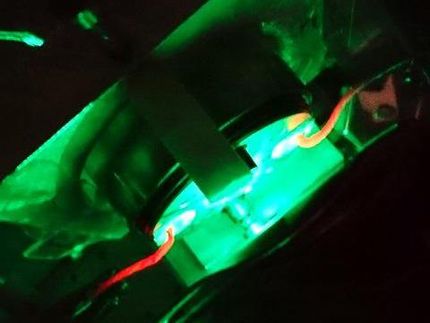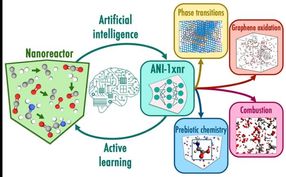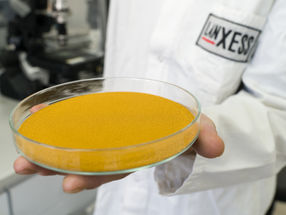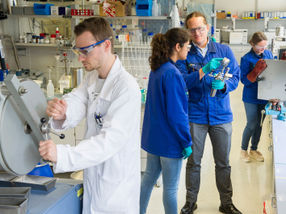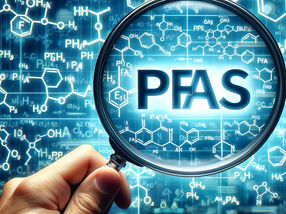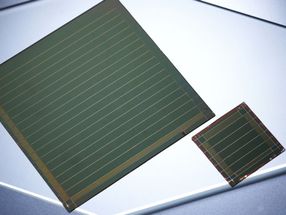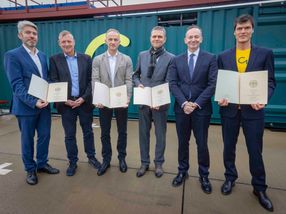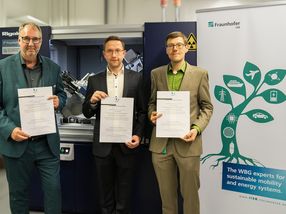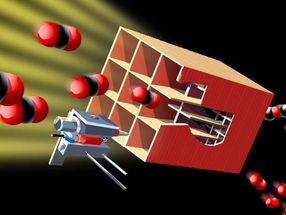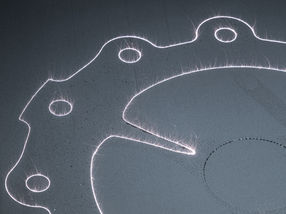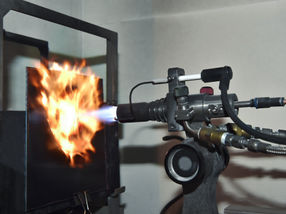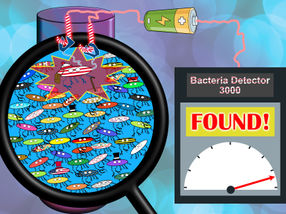PerkinElmer Instruments Introduces The New Multiwave 300
Provides High Throughput Microwave-Assisted Sample Preparation
SHELTON, Conn. – The new Multiwave™ 3000 system from PerkinElmer Instruments increases laboratory efficiency through high sample capacity, more powerful heating, improved sensor design and built-in methods to meet EPA/ISO guidelines. The Multiwave 3000’s 16-vessel capacity provides fast and reliable results for demanding areas of sample preparation. The Multiwave 3000 microwave digestion system complements PerkinElmer’s complete line of inorganic analysis solutions, including AA, ICP and ICP-MS.
To ensure sensitive reaction control of critical samples, the Multiwave 3000 instrument uses a dual-magnetron system that delivers unpulsed microwave power over its full 1400 W range. This unique capability reduces spontaneous reactions and charring while heating samples homogeneously. In addition, the Multiwave 3000 system contains two complementary sensor options for temperature-controlled reactions. A temperature probe in the rotor coupled with a remote Infrared (IR) sensor protect against overheating from reagents with high boiling levels and offer highly accurate readings.
A forced-air cooling system saves laboratories time and money. Vessels are cooled within minutes after decomposition, eliminating the need for external cooling baths and reducing cycle time. A special air gap and the use of quartz and ceramic materials provide efficient heat transfer and improve the lifespan of key components.
Numerous safety measures, such as over-pressure release devices and shields, protect users in the unlikely event of a spontaneous chemical reaction. An impact-resistant door with electrical and mechanical interlocks automatically reseals the cavity after a pressure release action, further enhancing user safety.
Easy, intuitive software provides increased flexibility and configuration capabilities. The software includes a comprehensive methods library with US EPA procedures, as well as process control, data collection, and service and calibration functions. Users can run the default methods or create customized methods for specific samples.
In addition to these extensive features, the Multiwave 3000 system offers a complete range of vessels and rotors with exceptional modularity and interchangeability. All of the vessels have unique, patented features, including self-sealing lip-type seals, air cooling and remote sensing systems.
Most read news
Topics
Organizations
Other news from the department research and development

Get the chemical industry in your inbox
From now on, don't miss a thing: Our newsletter for the chemical industry, analytics, lab technology and process engineering brings you up to date every Tuesday and Thursday. The latest industry news, product highlights and innovations - compact and easy to understand in your inbox. Researched by us so you don't have to.
Most read news
More news from our other portals
See the theme worlds for related content
Topic World Spectroscopy
Investigation with spectroscopy gives us unique insights into the composition and structure of materials. From UV-Vis spectroscopy to infrared and Raman spectroscopy to fluorescence and atomic absorption spectroscopy, spectroscopy offers us a wide range of analytical techniques to precisely characterize substances. Immerse yourself in the fascinating world of spectroscopy!

Topic World Spectroscopy
Investigation with spectroscopy gives us unique insights into the composition and structure of materials. From UV-Vis spectroscopy to infrared and Raman spectroscopy to fluorescence and atomic absorption spectroscopy, spectroscopy offers us a wide range of analytical techniques to precisely characterize substances. Immerse yourself in the fascinating world of spectroscopy!
Topic world Digestion
Sample digestion is a critical step in chemical analysis that often determines the success or failure of an investigation. It involves the targeted transformation and preparation of a sample to make the components of interest accessible for analysis. Various methods such as thermal, chemical or enzymatic digestion are used to dissolve matrix components, remove unwanted components and release target substances.
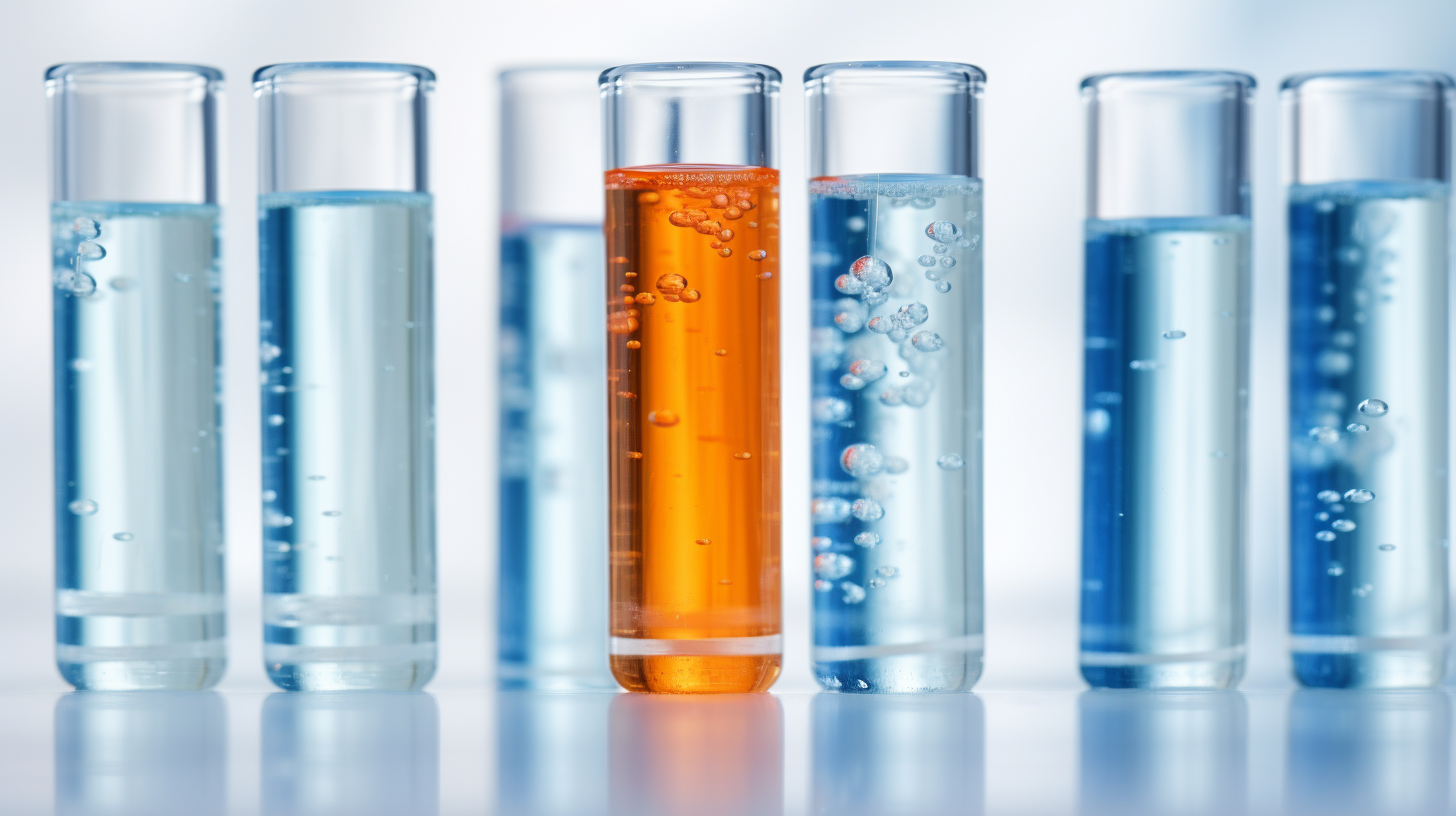
Topic world Digestion
Sample digestion is a critical step in chemical analysis that often determines the success or failure of an investigation. It involves the targeted transformation and preparation of a sample to make the components of interest accessible for analysis. Various methods such as thermal, chemical or enzymatic digestion are used to dissolve matrix components, remove unwanted components and release target substances.
